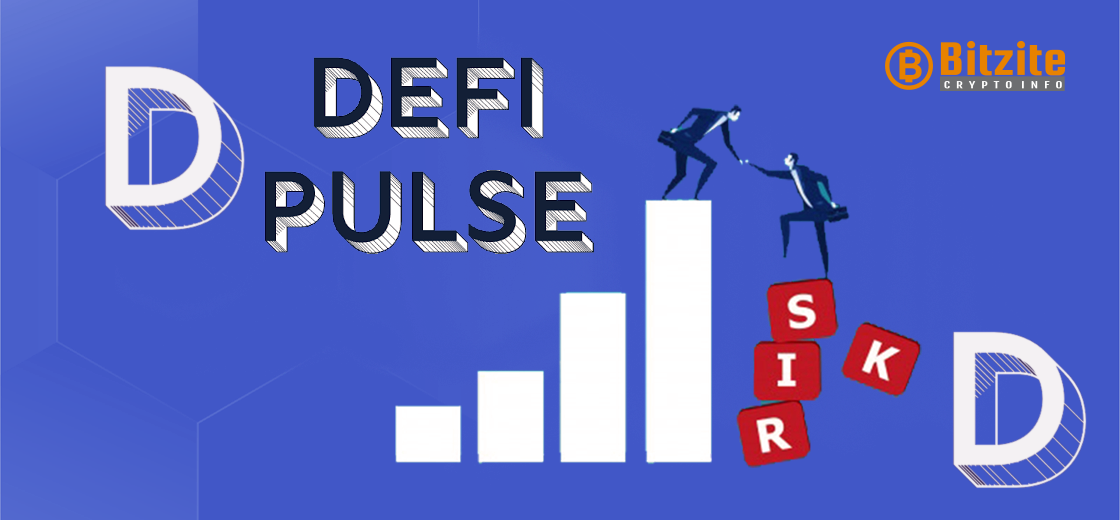The decentralized financial analytics (DeFi) platform, also known as DeFi Pulse, launched a new security rating that allows users to compare the risks of on-chain protocols. This system is still in the development stage and does not yet involve all existing risks, such as the overall risk of the smart contract.
Working in conjunction with the digital asset modeling platform Gauntlet, this assessment considers key factors such as consumer behavior, collateral volatility, relative collateral liquidity, protocol parameters and smart contract risk. Each project is then assigned a risk profile with a rating between 1 and 100.

The first rating falls on two decentralized lending protocols, Aave and Compound. Both received scores with 95% and 91%, respectively. After both, the scheduled MakerDAO protocol receives an inspection related to this assessment.
Related to this feature, DeFi Pulse states that in this alpha stage, value is formed by analyzing historical liquidity and volatility data in order to find the collateral that is most likely to cause problems in the future. In addition, these findings must be normalized before grading is carried out.
Not only that, this feature does not aim to model the risk of smart contracts. However, it is more of an auditor and a verification tool to assess the forms of risk that exist.
Moreover, this metric is still in the early stages of development. There will be more potential risks associated with current lending protocols that are not yet included in the scoring system.
In the future, this system is also expected to be able to assess and determine the possibility of bankruptcy of an on-chain loan protocol. This is associated with severe price volatility. Many DeFi platforms experienced mass liquidation events, nearly $ 8.32 million leaving protocol in just one day. Gauntlet hopes that this feature can prevent a similar crisis from returning.
The increasing popularity of DeFi also corresponds to the increased risk. The reason is, many protocols and the number of fake and fraudulent tokens have also appeared on the market. For example, the most famous is the replacement of “chef” from the rival protocol of Uniswap, Sushiswap.

